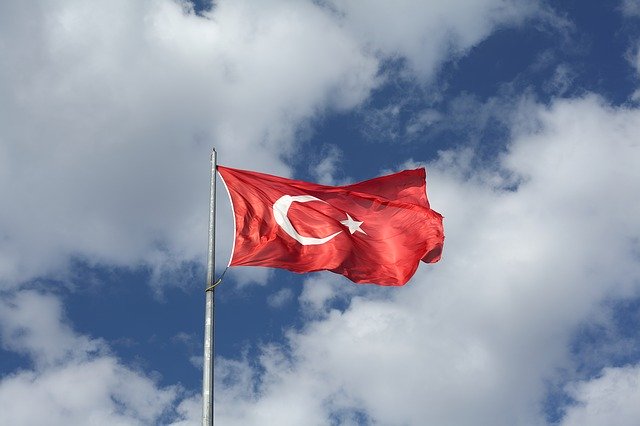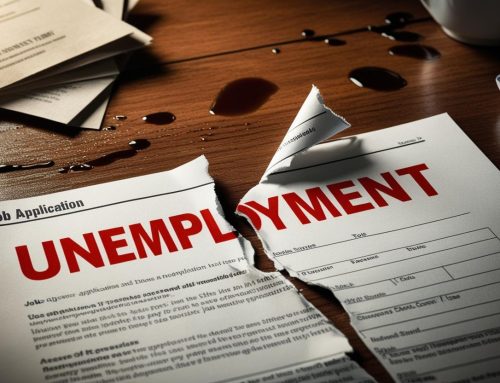The headline PMI, which was 48.4 in May, declined to 47.9 in June from 48.4 in May and remained below the threshold of 50.0 for the third consecutive month. Weak demand conditions continued to weigh on the sector’s operating conditions, leading to a further slowdown in both new orders and production. Production declined for the third consecutive month, and although the decline slowed slightly compared to the previous month, it was still significant. New orders recorded the sharpest slowdown of the year, while selling price inflation fell to its lowest level in four and a half years.
According to the Istanbul Chamber of Industry Turkey Sectoral PMI report, among the ten sectors monitored, the number of those able to increase new orders fell from three in May to two in June. Three of the ten sectors reduced their selling prices, while input cost inflation declined across the board. As workloads decreased, employment fell in all sectors except machinery and metal products.
The June 2024 results of the Istanbul Chamber of Industry (ISO) Turkey Manufacturing PMI (Purchasing Managers’ Index) survey, which is considered the fastest and most reliable reference in manufacturing industry performance, which is the leading indicator of economic growth, were announced. According to the results of the survey, where all figures measured above the threshold value of 50.0 indicate an improvement in the sector, the headline PMI, which was recorded at 48.4 in May, decreased to 47.9 in June and realized below the threshold value of 50.0 for the third consecutive month. The index signaled a slight deterioration in the operating conditions of the Turkish manufacturing sector. On the other hand, this deterioration was the most pronounced since early 2024.
SLOWDOWN IN NEW EXPORT ORDERS REMAINED MODERATE
Weak demand conditions continued to weigh on sectors’ operating conditions, leading to a further slowdown in both new orders and output. Production declined for the third consecutive month, and the decline was significant, albeit at a slightly slower pace than in the previous month. The decline in new orders accelerated compared to May due to weakness in both domestic and foreign markets. On the other hand, the slowdown in new orders from abroad was more moderate than that in total new orders.
DISRUPTION IN MARITIME TRANSPORTATION PROLONGS DELIVERIES
The decline in workloads led manufacturers to reduce employment and purchasing activity at a higher rate in June than in the previous survey period. The contraction in employment was recorded at the highest rate since October 2022. Input cost inflation fell for the fifth consecutive month in June, the lowest level since May 2023. Survey participants who reported an increase in purchasing costs stated that this was due to higher raw material and maritime transportation prices as well as the weakness in the lira. The pace at which firms are raising their own selling prices has also slowed to the lowest level in four and a half years amid easing cost inflation and sluggish demand. Finally, delays due to disruptions in maritime transportation, particularly problems in the Red Sea, further lengthened suppliers’ delivery times.
Commenting on the Istanbul Chamber of Industry Turkey Manufacturing PMI survey data, Andrew Harker, Economics Director at S&P Global Market Intelligence, said: “The ongoing stagnation in demand is becoming more evident in the manufacturing sector’s employment data. Turkish firms have shown reluctance to replace departing staff with new ones, resulting in the largest contraction in employment since October 2022. On the other hand, firms benefited from the decline in cost inflation and were able to keep final product price increases more moderate in June. This may be beneficial in terms of providing support to demand in the coming months.”
PRODUCTION AND NEW ORDERS SLOWED DOWN IN MOST SECTORS
Turkey’s Sectoral PMI report showed that challenging operating conditions persisted in most of the manufacturing sector in June. Production and new orders slowed down in most sectors, while employment decreased in almost all activity groups. On the other hand, input cost inflation declined in all sectors and some sectors reduced their final product prices, which stood out as positive developments in the survey.
2 SECTORS INCREASED NEW ORDERS
Among the ten sectors tracked, the number of those able to increase new orders fell from three in May to two in June. New orders increased for the second month in a row only in machinery and metal products, while they shifted from contraction to moderate growth in food products. The most significant decline was recorded in the land and watercraft sector, which has experienced the sharpest deterioration since April 2020. A relatively positive picture emerged in new export orders, with increases in four out of ten sectors. In particular, machinery and metal products saw a marked expansion in new business from abroad.
EMPLOYMENT DECLINED
On the production side, a picture in line with new orders emerged. Production growth was limited to the machinery and metal products and food products sectors. Electrical and electronic products, which had the most significant contraction since February 2021, recorded the most significant slowdown. Employment declined in almost all sectors as workloads decreased. The exception to this trend was the machinery and metal products sector. Thus, the number of sectors that increased employment fell to the lowest level since the pandemic-induced restrictions in 2020. The most significant contraction in employment was in the textile sector.
The general decline in cost pressures and the deceleration in input price inflation in all sectors compared to the previous month were recorded as relatively positive developments in the survey. The sharpest decline in input price inflation was recorded in wood and paper products, while the weakest cost increase was recorded in machinery and metal products. Non-metallic mineral products saw the fastest increase in input prices.
The easing in cost pressures allowed some firms to lower their own selling prices to stimulate demand. Selling prices fell moderately in machinery and metal products, clothing and leather products, and chemicals, plastics and rubber.
Source: Istanbul Chamber of Industry Turkey
Legal Notice: The information in this article is intended for information purposes only. It is not intended for professional information purposes specific to a person or an institution. Every institution has different requirements because of its own circumstances even though they bear a resemblance to each other. Consequently, it is your interest to consult on an expert before taking a decision based on information stated in this article and putting into practice. Neither Karen Audit nor related person or institutions are not responsible for any damages or losses that might occur in consequence of the use of the information in this article by private or formal, real or legal person and institutions.






